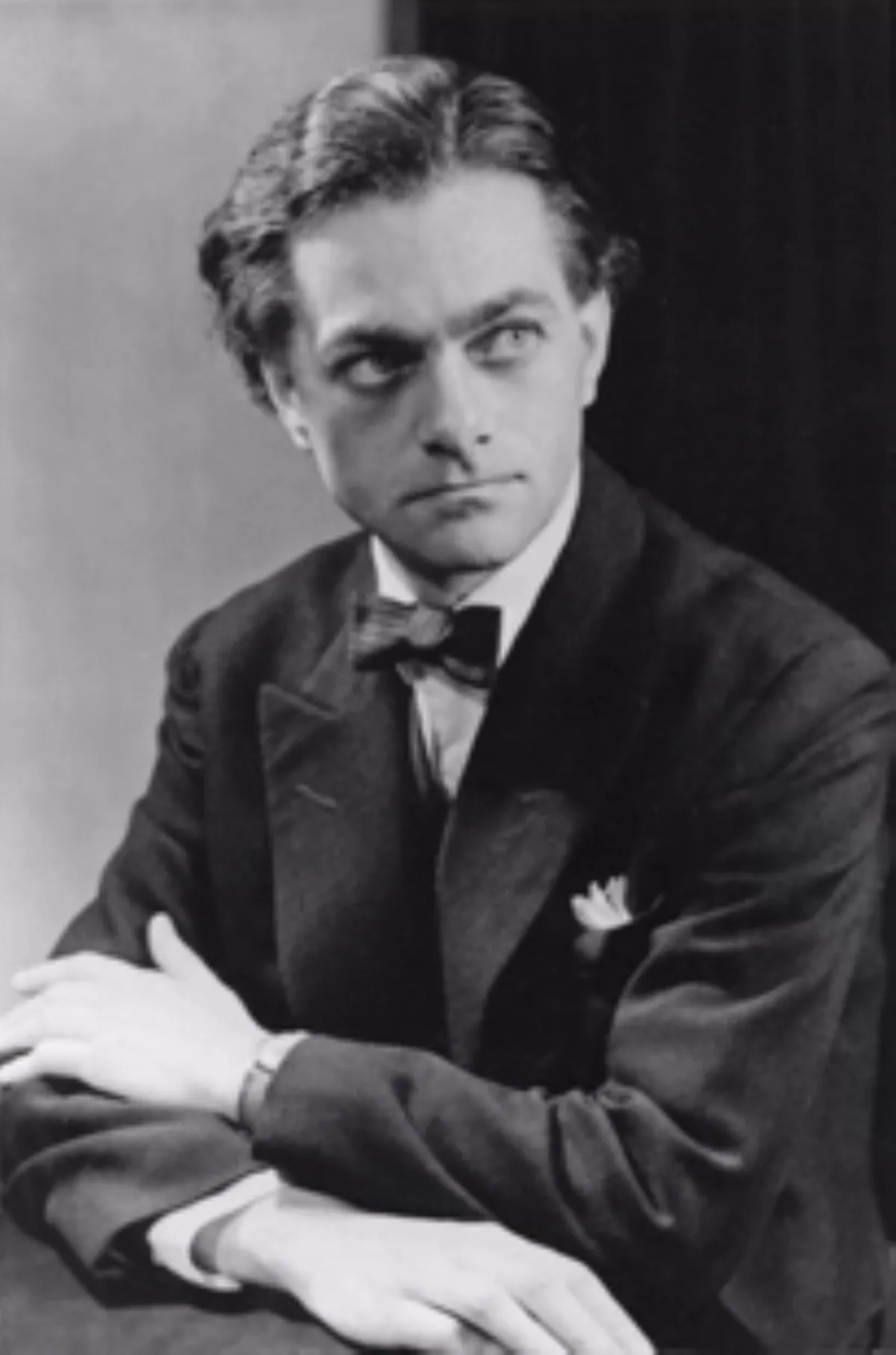 1.
1. Andrew Gordon Speedie Pask was a British cybernetician, inventor and polymath who made multiple contributions to cybernetics, educational psychology, educational technology, applied epistemology, chemical computing, architecture, and systems art.